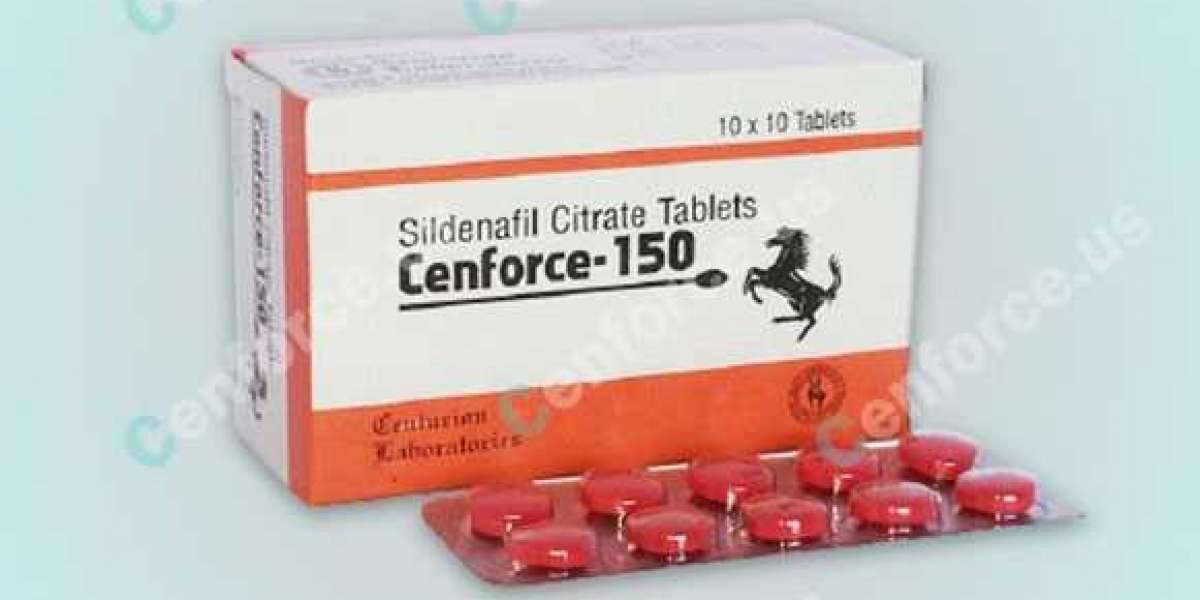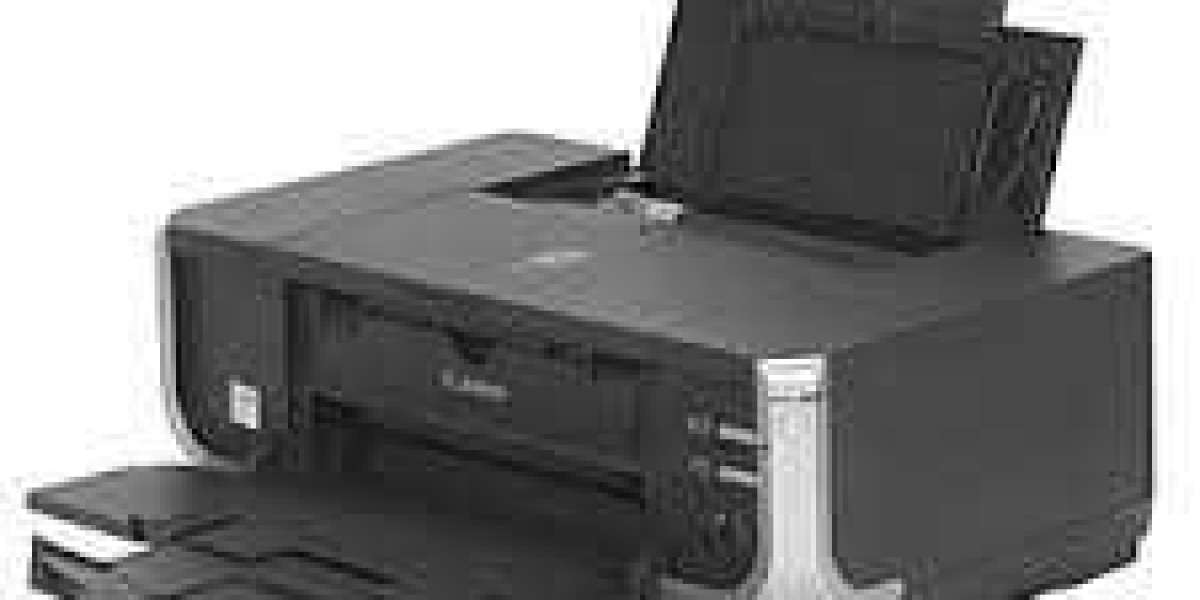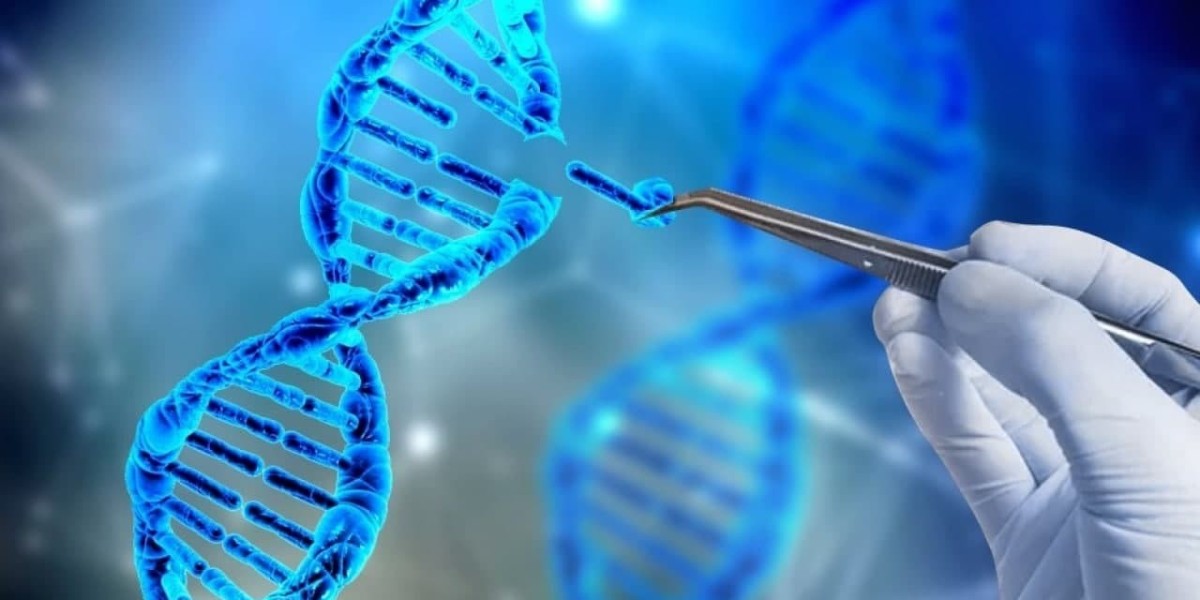Alcohol detox is a crucial first step in the journey toward recovery from alcohol use disorder. Without it, a person’s physical dependence cannot be broken and they will not be able to begin therapy and address the root causes of their addiction.
Fortunately, detox can be safely and efficiently achieved in an inpatient or outpatient facility under the care of medical professionals. Here, you’ll receive the support and medication you need to overcome your alcohol abuse.
Medications
Medications are often prescribed during the detox process as part of an alcohol use disorder treatment program. These medications help to ease withdrawal symptoms, reduce the risk of complications, and stop withdrawal from becoming more severe.
There are several different types of medications that may be used in a detoxification process, including benzodiazepines, barbiturates, and antidepressants. These medications are effective in treating the alcohol withdrawal syndrome, but should be used in moderation as they can cause rebound symptoms.
Benzodiazepines are the most commonly used drugs to treat the symptoms of alcohol withdrawal. These medications work by blocking the effects of alcohol on the brain. They also help to numb the body, which can reduce uncomfortable feelings. The best type of benzodiazepine to take during an alcohol detox is long-acting benzodiazepines such as diazepam (Valium) and chlordiazepoxide (Librium). These medications have a very long half-life, which allows them to reduce the severity of withdrawal symptoms. These medications are also effective for preventing seizures and delirium.
Tapering
Tapering is a type of alcohol detox that involves gradually decreasing the amount of alcohol that a person drinks over time. This allows the body to adjust to living without the alcohol and helps reduce withdrawal symptoms.
People with mild to moderate dependence on alcohol can taper at home, but those with severe dependencies may need to undergo a medical detox. This method of stopping drinking is often safer and more effective than trying to stop cold turkey.
Talk to your doctor about whether or not tapering is a good option for you. They will be able to help you develop a plan that is safe for your unique situation and provide guidance to help you achieve your goals.
Keeping yourself busy
During a detox process, keeping yourself busy can be a good way to distract yourself from the withdrawal symptoms. It can also help you avoid alcohol cravings, which can be very difficult to resist.
Whether you are learning a new skill or taking up a hobby, filling your time with productive activities can help you feel less bored and more energized. Hobbies can include painting, writing, cooking, singing, playing an instrument, or doing woodwork or sewing.
Finding a new activity that you enjoy can make your detox easier. Trying something new will also give you more energy to work toward goals.
Boredom is a common problem during addiction recovery and it can lead to relapse. Using drugs or alcohol to fill that void is counterproductive and can make your recovery efforts more difficult.
Taking up a new activity can be an excellent way to combat boredom, and it can help you find new friends who share your interests. Volunteering is another great way to stay busy and feel a sense of purpose.
Staying healthy
Detox is a vital part of recovery from alcohol addiction. This is where your body naturally clears out the toxins that have built up in your system over time.
Eating a healthy, balanced diet during this period can help you get through the process and reduce symptoms of withdrawal. It also helps you replenish nutrients that may have been lost as a result of your drug or alcohol use.
Drinking lots of water can also help keep your mind and body hydrated, which is important when you're experiencing alcohol withdrawal. You can also eat a variety of vegetables and fruits to provide your body with the vitamins and minerals it needs.
Proteins are a key component of the detox diet as they stabilize blood sugar and help minimize cravings for sweets. Good sources of protein include lean fish, poultry, eggs and beans.


